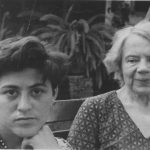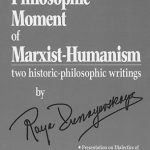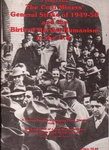The new online Guide with links to all the documents is an extremely useful finding tool that helps the reader or researcher locate items and grasp the structure of the Archives. The website of the Raya Dunayevskaya Memorial Fund presents the Raya Dunayevskaya Collection as she organized it, together with the Supplement.



